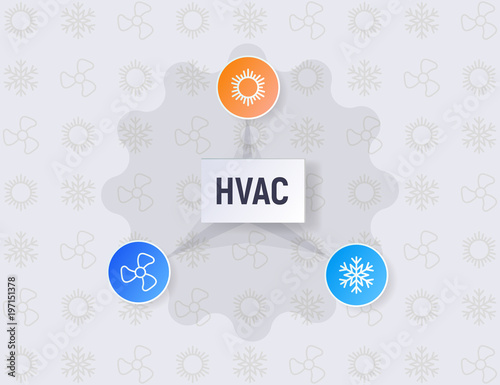Heatpump Vs Furnace - Which Is The Better Home Heating Alternative For Your Home?
Heatpump Vs Furnace - Which Is The Better Home Heating Alternative For Your Home?
Blog Article
Article Written By-Huynh Rose
Numerous homeowners recognize with heaters, which warmth homes with oil or gas and press hot air via ductwork. They are fairly low-cost and can provide trustworthy heating also during a winter power blackout.
Nevertheless, they utilize fossil fuels and produce carbon monoxide and other air pollution. They likewise aren't as energy-efficient as a high-efficiency heat pump.
Price
Usually, heat pumps are a lot more affordable to run than heaters. They generally use electrical power and refrigerant to extract warm from exterior air, and afterwards move it right into your home. You can make the most of less costly electrical power prices during off-peak hours to additionally lower your heating prices.
Unlike heat pumps, gas or wood-burning furnaces utilize combustion to create warm, discharging flue gases into the environment that can be dangerous to your health and wellness. These heaters are likewise less energy-efficient than heat pumps, and their higher operating expense can accumulate with time.
Furnaces are a lot more complicated than heat pumps and need normal maintenance to ensure the appropriate function of all components. In spite of this, they often tend to last longer than heat pumps with a common lifespan of twenty years or even more. Nonetheless, you'll require to factor in the expense of gas, fuel oil or timber and the added devices needed for installation and procedure such as ducts and ventilation systems.
Energy Effectiveness
Heat pumps have a higher power performance score than heating systems. These systems make use of electrical power to scavenge warm from the air, also in freezing temperatures. They can additionally remove excess warmth from the home throughout warmer months and recycle it to cool down the system. Carrier experts can assist you figure out the most effective version for your home on climate and source power costs.
Heating systems shed fuel oil, lp, natural gas or various other types of fossil fuel to heat up the air in the home. This air is then spread with ductwork making use of a large follower. Heaters produce greenhouse gases and call for normal upkeep and devices upgrades to make sure secure operation.
The largest benefit of a furnace is that it can be operated even in rough winter months problems since it does not count on exterior temperatures to heat the air. Heaters also have a longer lifespan than heatpump and typically last 15 years. They can likewise be coupled with double fuel choices, which choose one of the most efficient home heating option based upon the weather condition.
Climate
Heat pumps work well in modest climates and utilize much less source power than heating systems. Nonetheless, if your region is exceptionally chilly, you may require to purchase a typical gas heater instead.
Heating systems supply warm, comfortable warmth and usually provide quick home heating to increase interior temperature levels. These systems can be made use of with a selection of gas kinds, consisting of natural gas, lp, oil or power.
They take in extra energy than heatpump-- as much as 3x as much-- and call for ductwork that's costly to install or retrofit. They're additionally a lot more expensive to keep, as they can cause air high quality problems and generate greenhouse gas discharges.
If you're committed to decreasing your carbon impact, a heatpump is an excellent selection for your home. They have less greenhouse gas discharges than heaters, especially if you select a power STAR ® heat pump. Your neighborhood Carrier professional can clarify the differences between these 2 heating unit and aid you make the best decision for your special requirements.
https://www.achrnews.com/articles/145262-five-lessons-from-an-automobile-dealership-for-newer-hvac-technicians
Heating systems can be extremely energy reliable when powered by natural gas, lp or oil, yet they aren't as power reliable as heatpump in frigid environments. They can likewise be a lot more expensive to mount, requiring gas lines and air flow systems.
Nevertheless, furnaces often tend to call for much less upkeep, which can result in lower ongoing expenses. They produce fewer greenhouse gases and are extra dependable than heat pumps throughout extreme weather condition.
Electric heat pumps are a lot more flexible in developing indoor convenience because they can likewise serve as ac unit during warmer months. They can be more convenient to keep, requiring just routine air filter adjustments and periodic vacuuming.
If you like the convenience of a solitary system that does it all, consider a hybrid heating option that pairs a furnace with an electrical heatpump. These systems can automatically switch between both home heating alternatives based upon your home's demands and temperature level conditions, taking full advantage of efficiency and financial savings.